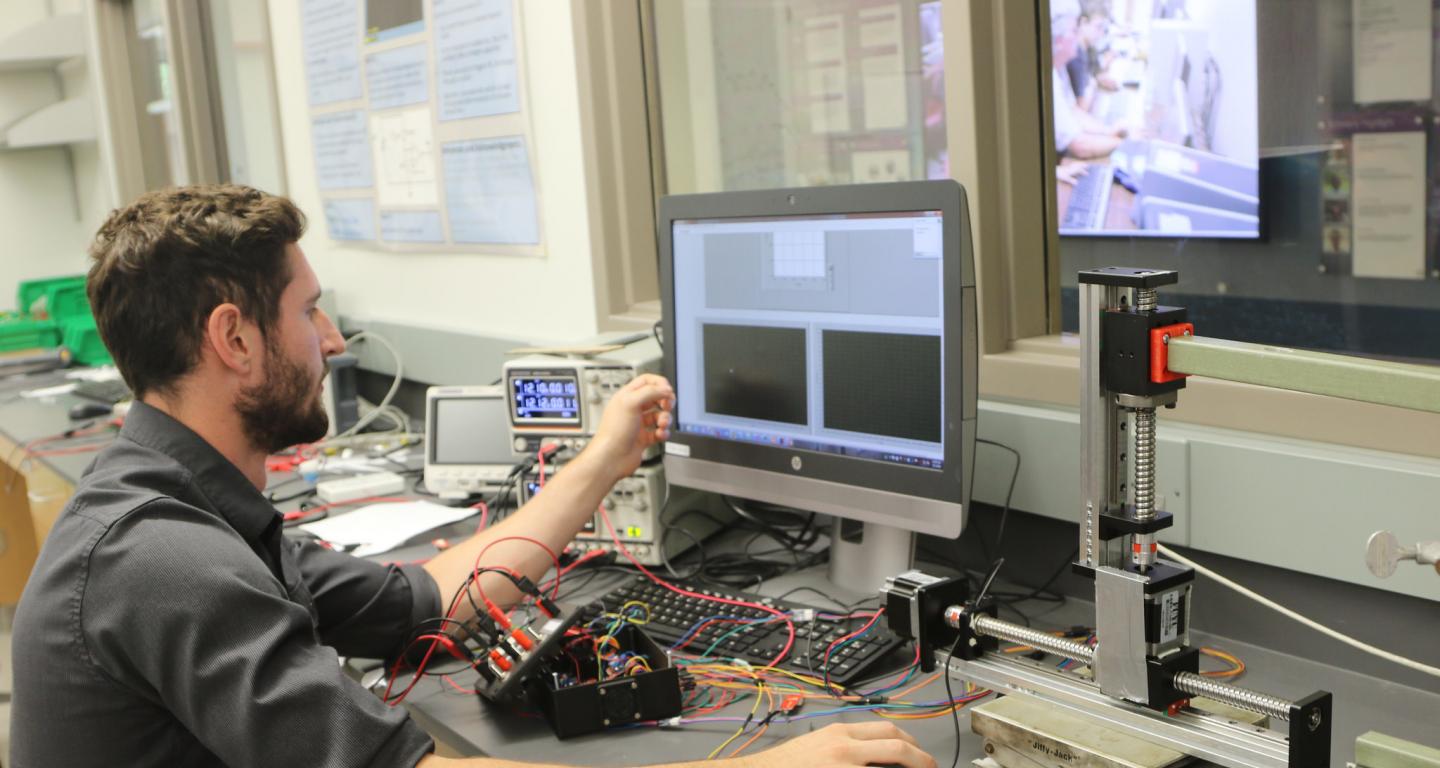The fan in your room requires electricity, the way its wiring and the operating system works are all due to a person skilled in this area. As laymen, we cannot fix a single wire until we learn about the underlying working mechanisms of electrical appliances. From maintaining power infrastructures, aligning communication systems, or providing electric supplies to a house, there is always an electrical engineer to play its vital role. Electricity is crucial to handle and requires a particular set of skills and training to deal with naked wires.
The field of electrical engineering is fascinating if you understand the mechanisms and build devices that can do wonders. Life without electricity is impossible. It runs every block in a city. The power infrastructure and distribution of power is a significant task that requires professionals. Industries and mills cannot work without energy. Computing the consumption of energy by devices and the amount of energy supplied is impossible for a person who does not belong to that field.
Electrician vs. Electrical engineer
Many people confuse an electrician with an electrical engineer as both are dealing with electrical mechanisms. Electrical engineers are responsible for designing the system, suggesting power supply, while electricians are accountable for the implementation. An electrical engineer may help you plan the power infrastructure of your house. However, you will need an electrician to execute the task and provide electricity access to your home.
It is impossible to define one single role for an electrical engineer as they provide a wide array of services day-in and day-out. From assessing your office to determine an industrial power setup, a skilled electrical engineer can help in both scenarios.
Many youngsters, especially, have an interest in gadgets, and some are eager even to fix a broken connection. If you are one such youngster and aspiring for a career, you can learn more about this field it by googling electrical engineers and the skills you will need.
Problem Solving
There are many disciplines in engineering with different theories and concepts; every engineer is a problem solver. If you are interested in fixing electrical appliances or dealing with electrical circuits, you shall aim to solve a problem. Issues with electrical appliances or other setups require a logical solution that entails electrical rules, theories, and specific methods. Problem-solving skills can help with managing challenging projects and any complex ongoing issue. As an engineer, one should also practice looking for solutions outside the manual and textbooks.
Concentration
Every field of work requires concentration. While working with electrical circuits and wires, the focus gets double fold. A little negligence while dealing with cables can cause a disaster.
Be it a circuit, cable alignment, assembling a series of channels, we cannot do it without paying attention. Electrical appliances and connections are different from one another; you cannot arrange them haphazardly. Dealing with electricity and wiring also demands the safety of others. If you can’t execute your task with concentration, it may lead to short-circuits and fires.
Managing projects
If you are working in an electrical grid, you will barely find time to sit idle. A network offers multiple tasks. Managing numerous projects plays a vital role in the engineering career. Engineers seeking management roles shall focus more on these management skills to make their way up forward. Project management in engineering refers to producing minimal waste and generating sufficient energy. Individuals catering to projects of different nature can prove their mettle for higher positions.
Communication
There will be barely a profession that does not require communication. As an engineer communicating your message plays a vital role. If you must describe something to your higher officials or a visitor who doesn’t have much electrical knowledge, you can explain them. Whether you are working with a client, conveying your requirement for tools, explaining procedures to your team, every aspect of work requires a clear communication practice. If you are leading a team of workers, you will need to convey them your instructions in an explicit manner.
Computational skills
We aren’t talking about enormous calculations, but as an engineer, you shall know the amount of energy and voltage required for a device or machine. Every electrical equipment has a different need for tension and energy; you cannot supply an electric generator’s power to charge your mobile phone. From applying trigonometric ratios to calculating the amount of power and heat dissipation, an engineer shall have these skills if they are willing to pursue a career. Computing the right amount of energy is essential for setting up a new connection or assembling a device.
Critical thinking
If you have the problem-solving approach but lack critical thinking, you might not succeed in your career. Figuring the shorting out of the fully functional part requires a quick pattern of thinking. What modifications can you make in a system or device for a better user-end experience? Such questions require critical thinking for reasoning and finding an appropriate solution to it.
Conclusion
While turning on a light, all we do is flip a switch, that one flip allows the flow of electrons or electricity to that light. It might be seemingly a straightforward procedure, but the mechanism behind functioning is a complex one. Every wire in your house had a design for its placement. Even your mobile phones have gone through various testing periods to absorb the right amount of power for sustaining your battery charge. These small tasks require skills and concentration that an electrical engineer can possess.
















